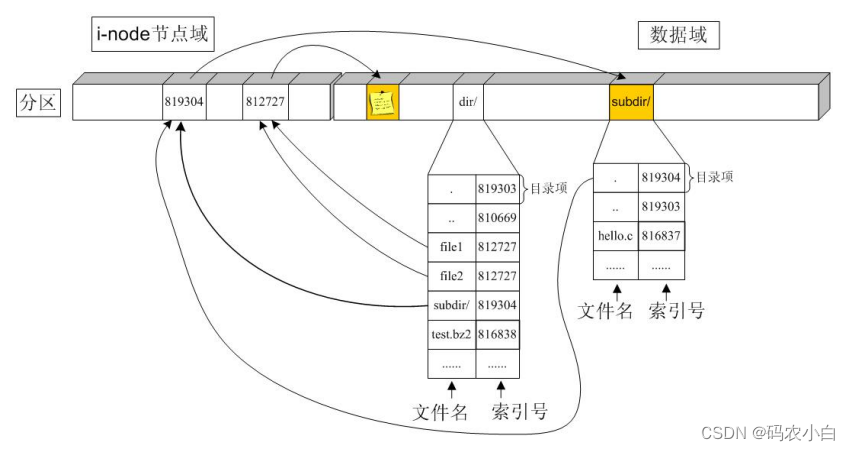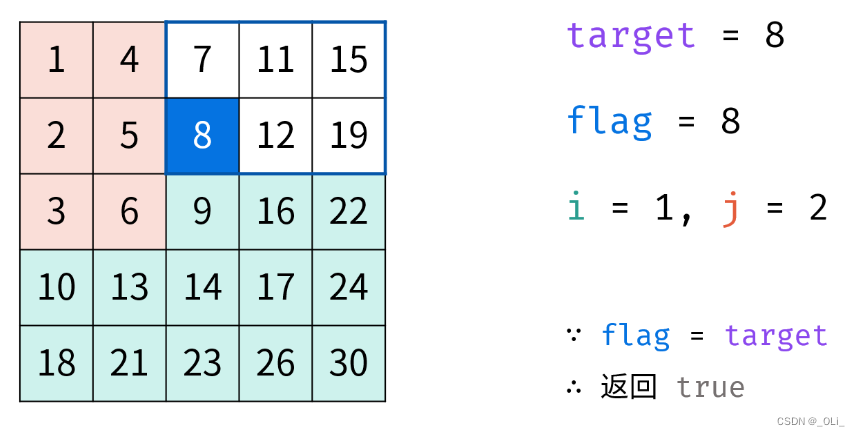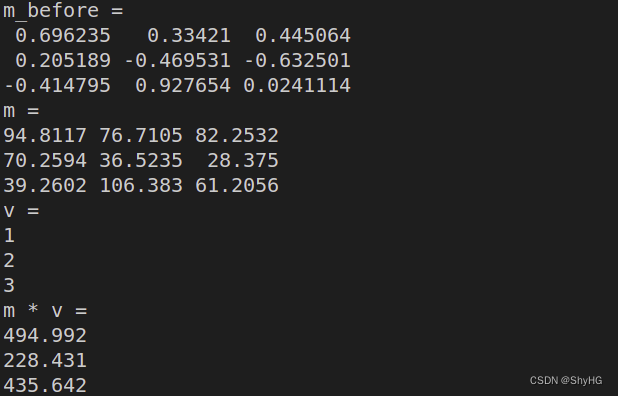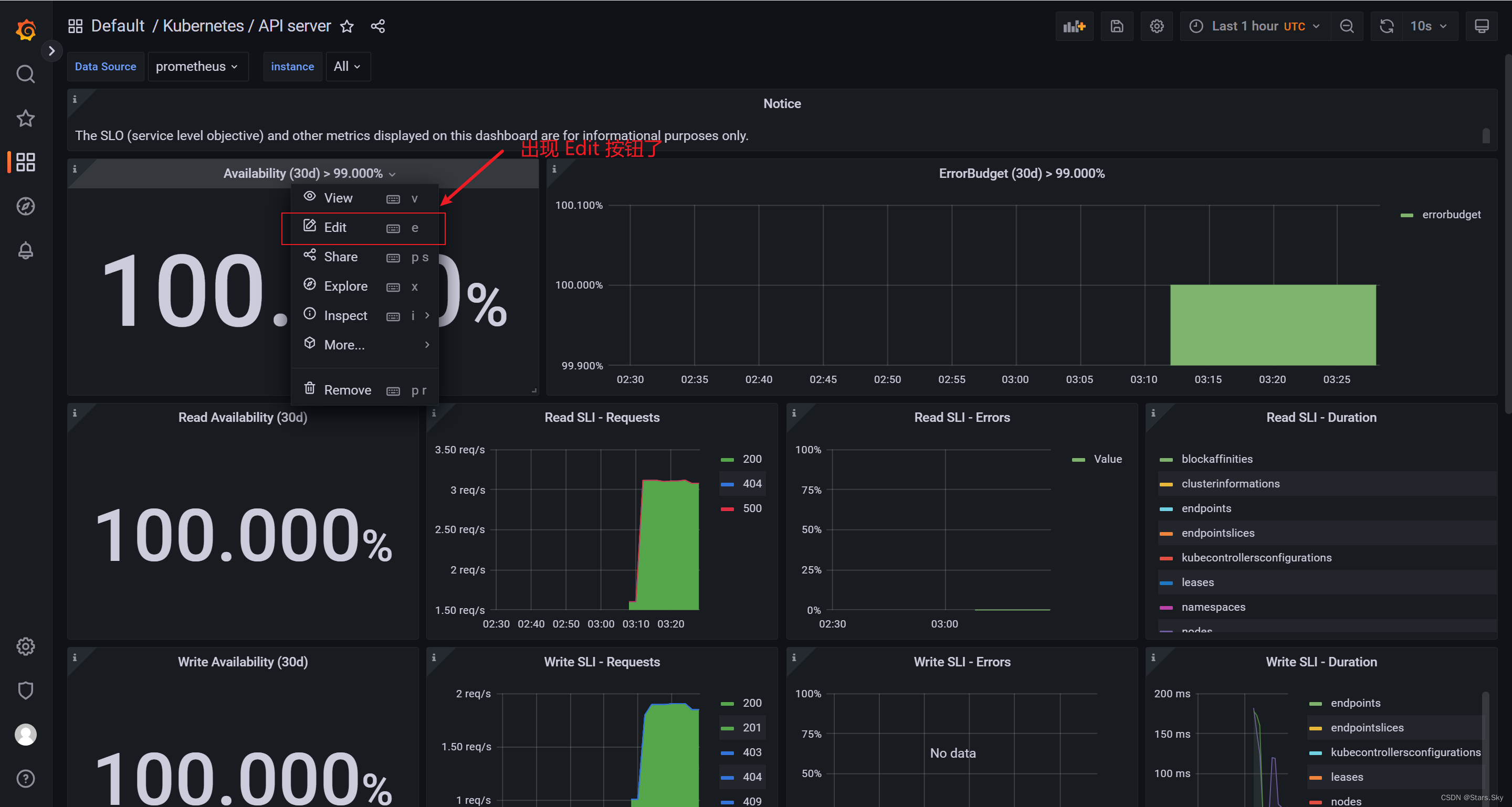目录
目录
api
例子
目录
Linux 中的目录并不是一种容器,而仅仅是一个文件索引表

Linux 中目录就是一组由文件名和索引号组成的索引表,目录下的文件的真正内容存储 在分区中的数据域区域。目录中索引表的每一项被称为“目录项”,里面至少存放了一个文 件的名字(不含路径部分)和索引号(分区唯一),当我们访问某一个文件的时候,就是根 据其所在的目录的索引表中的名字,找到其索引号,然后在分区的 i-node 节点域中查找到 对应的文件 i 节点的。
api
操作目录跟标准 IO 函数操 作文件类似,也是先获得“目录指针”,然后读取一个个的“目录项”


该目录结构体为
struct dirent
{ino_t d_ino; // 文件索引号off_t d_off; // 目录项偏移量unsigned short d_reclen; // 该目录项大小unsigned char d_type; // 文件类型char d_name[256]; // 文件名
};例子
获取目录指针,并打印该目录下所有文件的名字
1 #include <stdio.h>
2 #include <stdlib.h>
3 #include <stdbool.h>
4 #include <unistd.h>
5 #include <string.h>
6 #include <strings.h>
7 #include <errno.h>
8
9 #include <sys/stat.h>
10 #include <sys/types.h>
11 #include <fcntl.h>
12 #include <dirent.h>
13
14 int main(int argc, char **argv)
15 {
16 if(argc != 2)
17 {
18 printf("Usage: %s <dir>\n", argv[0]);
19 exit(1);
20 }
21
22 DIR *dp = opendir(argv[1]); // 获取指定目录指针
23
24 struct dirent *ep = NULL;
25 while(1)
26 {
27 ep = readdir(dp); // 读取目录项指针
28 if(ep == NULL)
29 break;
30
31 printf("%s\n", ep->d_name); // 打印文件名
32 }
33
34
35 return 0;
36 }










